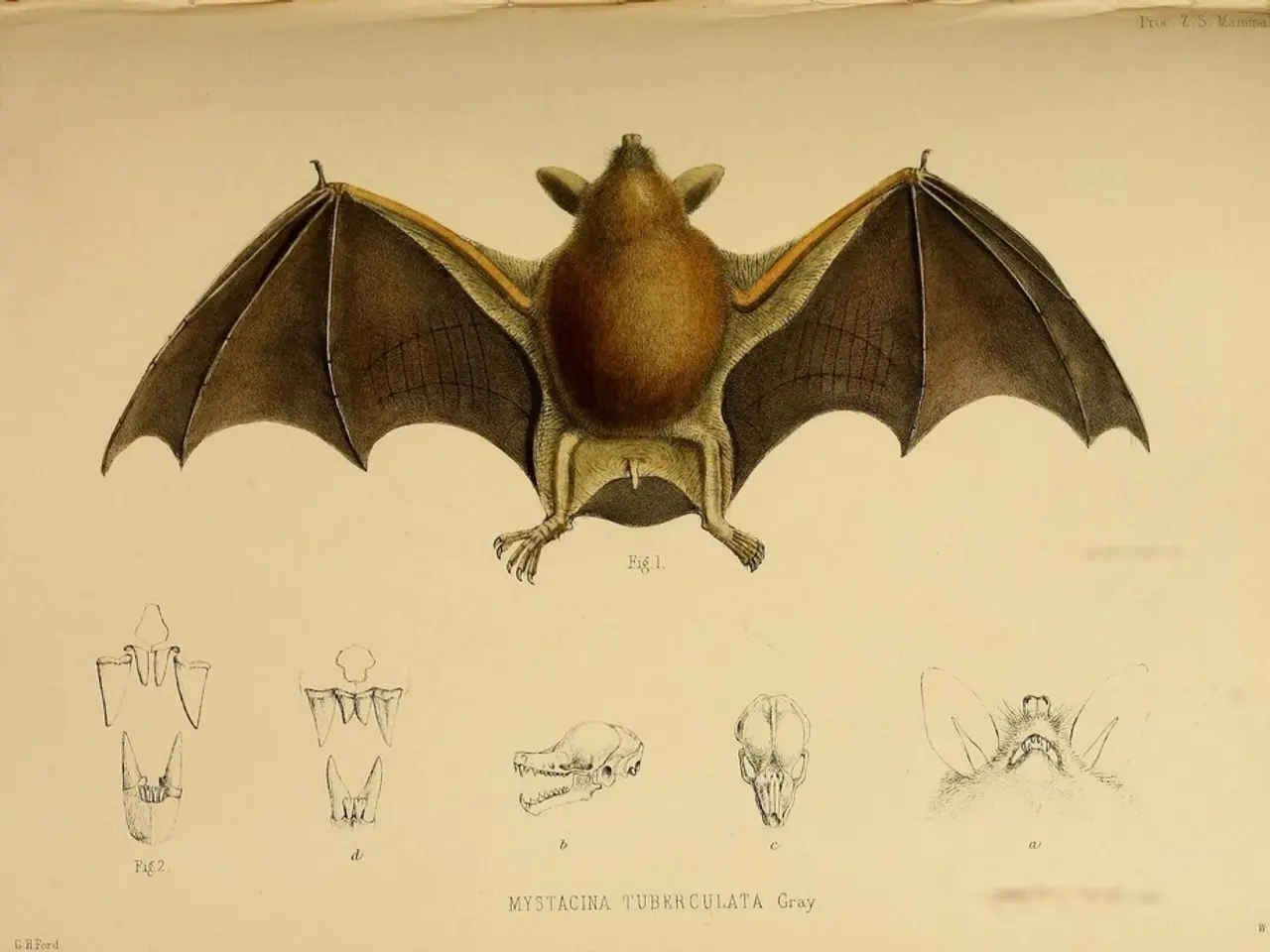Epsilon Set to Team Up in Sourcing Non-China Electric Vehicle Battery Materials
In a significant move, Epsilon Advanced Materials, a leading battery materials manufacturer, is investing ₹15,350 crore to establish a state-of-the-art manufacturing and research facility in Karnataka, India. This development is part of Epsilon's efforts to address the issue of dependency on China for battery materials in the electric vehicle (EV) industry.
The Karnataka facility will focus on electric vehicle battery materials, battery testing, and advanced materials research and development. It is expected to contribute to India's efforts to establish a robust, localized battery supply chain, aligning with the country's response to China's increasing export controls on critical battery technologies.
Epsilon Advanced Materials has its own proprietary technology for manufacturing lithium iron phosphate (LFP) cathode materials, which are in high demand in the EV industry. The company's R&D facility for LFP cathode materials is located in Germany.
China currently dominates over 90% of the global processing capacity for graphite anode and cathode materials used in electric vehicles. This dominance has led to challenges for many Indian companies that relied on Chinese LFP cathode materials, as the need for in-house R&D typically requires 5-6 years to mature.
In response to these challenges and the increasing export controls from China, Epsilon Advanced Materials is ready to form long-term partnerships for the procurement of high-quality graphite anode and cathode materials from sources outside of China. These partnerships focus on creating long-term, ex-China supply chains to reduce dependency on Chinese battery material exports.
The restrictions imposed by China on the export of crucial battery-grade materials and technologies for both graphite anode and cathode, including lithium iron phosphate-based, have heightened concerns about dependencies within the EV industry. These restrictions have increased global anxieties regarding supply chain dependencies, including in India.
Epsilon Advanced Materials is collaborating with multiple global EV cell manufacturers and automotive OEMs that are seeking stable, high-quality graphite anode and LFP cathode battery materials sourced outside of China. Although individual company names of their collaborators are not disclosed, it is clear that Epsilon's partners include global EV cell producers and OEMs actively seeking diversified supply chains outside China to address geopolitical and supply vulnerability concerns.
This development coincides with India's efforts to establish a robust, localized battery supply chain and addresses the potential impact of the Karnataka facility on the global EV industry, particularly in relation to reducing dependencies on China for battery materials. The partnerships are part of India's response to China's increasing export controls on critical battery technologies.
[1] Business Standard. (2022, August 17). Epsilon Advanced Materials to invest ₹15,350 crore in Karnataka for battery materials manufacturing, R&D. Retrieved from https://www.business-standard.com/article/companies/epsilon-advanced-materials-to-invest-rs-15-350-crore-in-karnataka-for-battery-materials-manufacturing-rd-122081700272_1.html
[2] Economic Times. (2022, August 17). Epsilon Advanced Materials to invest ₹15,350 crore in Karnataka for battery materials manufacturing, R&D. Retrieved from https://economictimes.indiatimes.com/news/economy/industry/epsilon-advanced-materials-to-invest-rs-15350-crore-in-karnataka-for-battery-materials-manufacturing-rd/articleshow/94198355.cms
[3] LiveMint. (2022, August 17). Epsilon Advanced Materials to invest ₹15,350 crore in Karnataka for battery materials manufacturing, R&D. Retrieved from https://www.livemint.com/industry/auto-technology/epsilon-advanced-materials-to-invest-rs-15350-crore-in-karnataka-for-battery-materials-manufacturing-rd-11661075228145.html
[4] The Hindu BusinessLine. (2022, August 17). Epsilon Advanced Materials to invest ₹15,350 crore in Karnataka for battery materials manufacturing, R&D. Retrieved from https://www.thehindubusinessline.com/companies/epsilon-advanced-materials-to-invest-rs-15350-crore-in-karnataka-for-battery-materials-manufacturing-rd/article36308825.ece
[5] Financial Express. (2022, August 17). Epsilon Advanced Materials to invest ₹15,350 crore in Karnataka for battery materials manufacturing, R&D. Retrieved from https://www.financialexpress.com/industry/auto-technology/epsilon-advanced-materials-to-invest-rs-15350-crore-in-karnataka-for-battery-materials-manufacturing-rd/2571827/
- The investment by Epsilon Advanced Materials in establishing a cutting-edge manufacturing and research facility for electric vehicle (EV) battery materials in Karnataka, India, signals a major shift towards finances innovation in the localized battery supply chain, aligning with the country's lifestyle and technology aspirations.
- Epsilon Advanced Materials' partnerships with global EV cell manufacturers and automotive OEMs to procure high-quality graphite anode and lithium iron phosphate (LFP) cathode battery materials from sources outside of China underscores their commitment to technology advancement in the EV industry, potentially enhancing India's finance and lifestyle sectors by reducing dependency on foreign countries for crucial battery materials.




